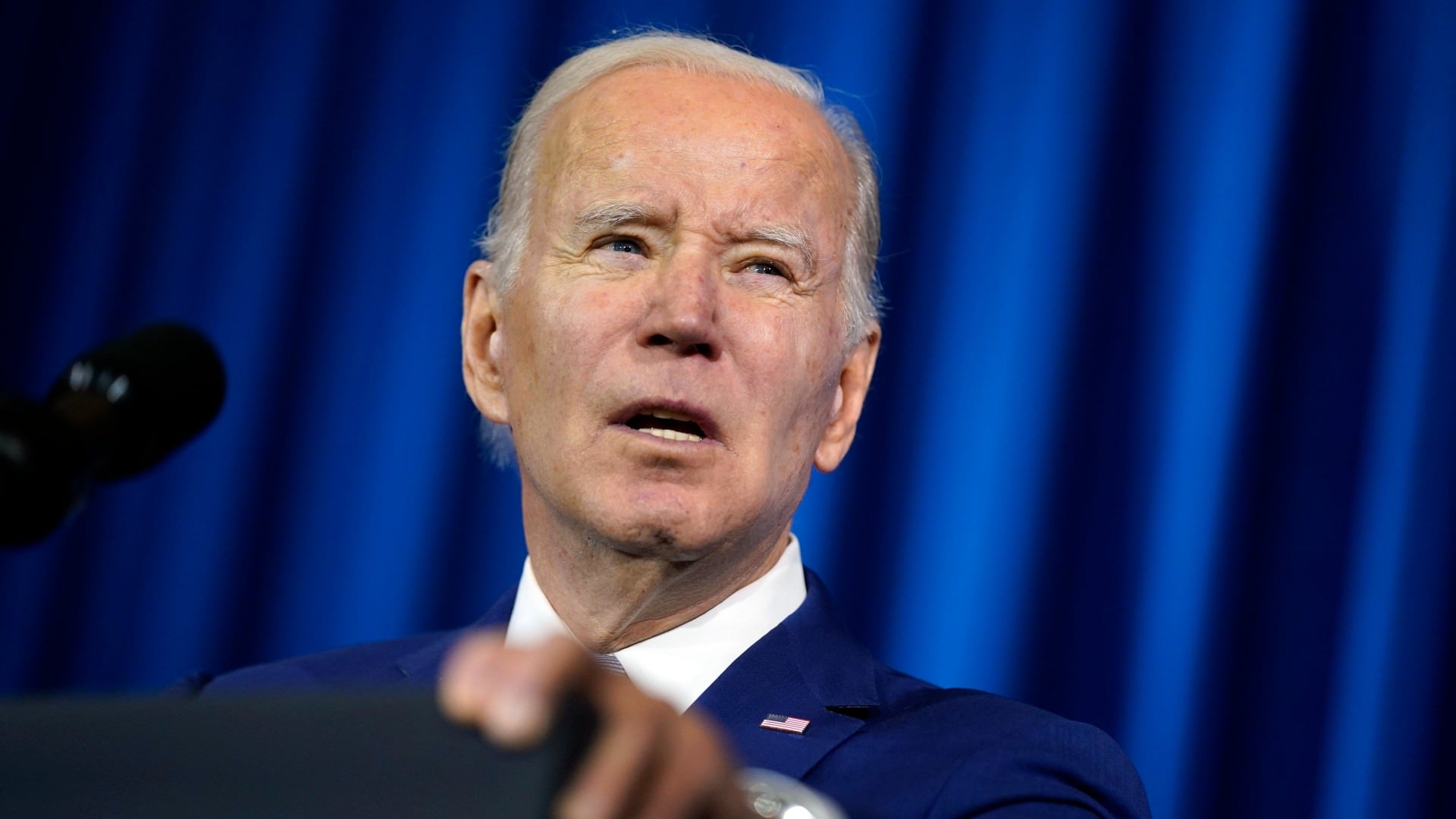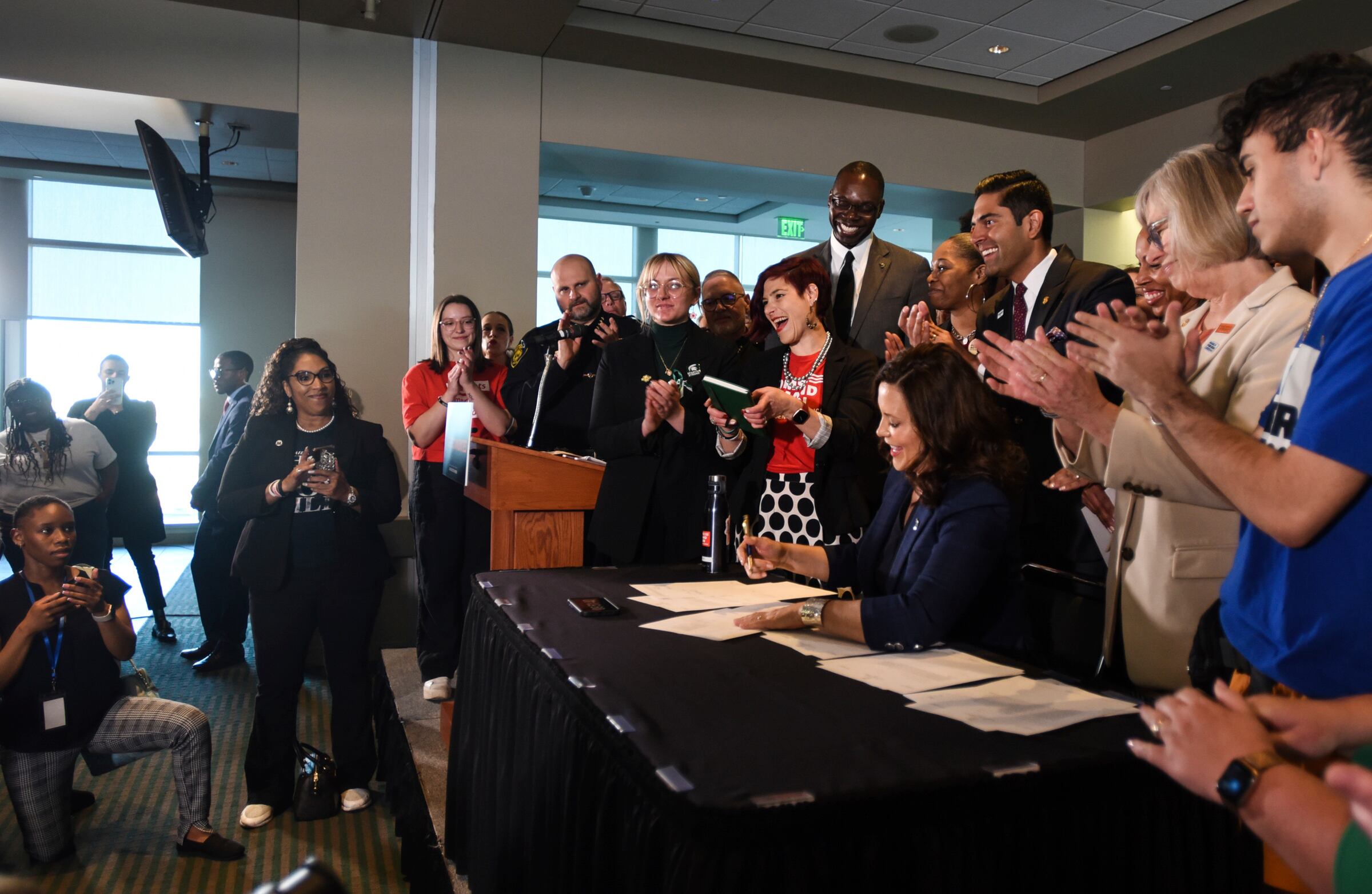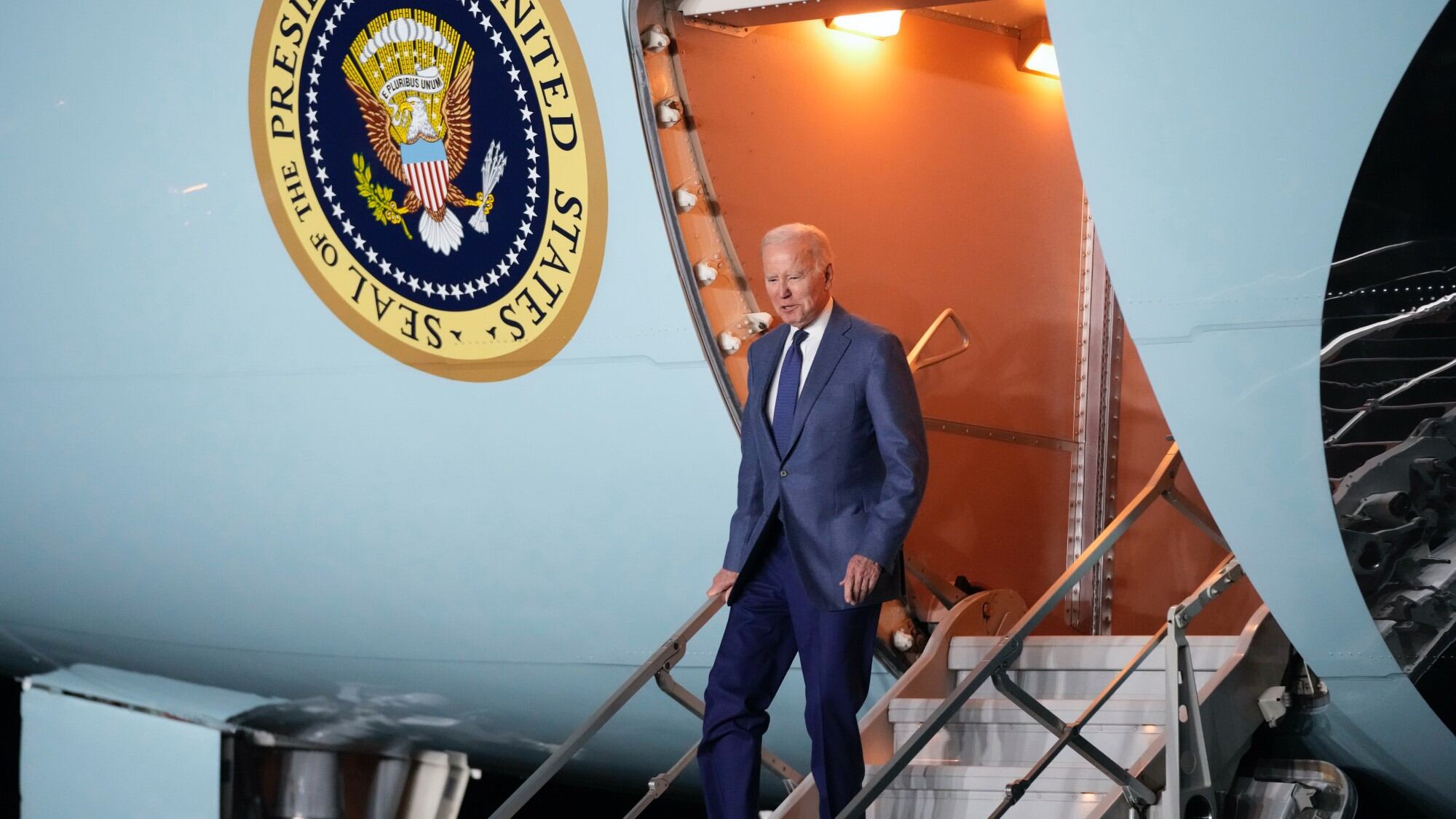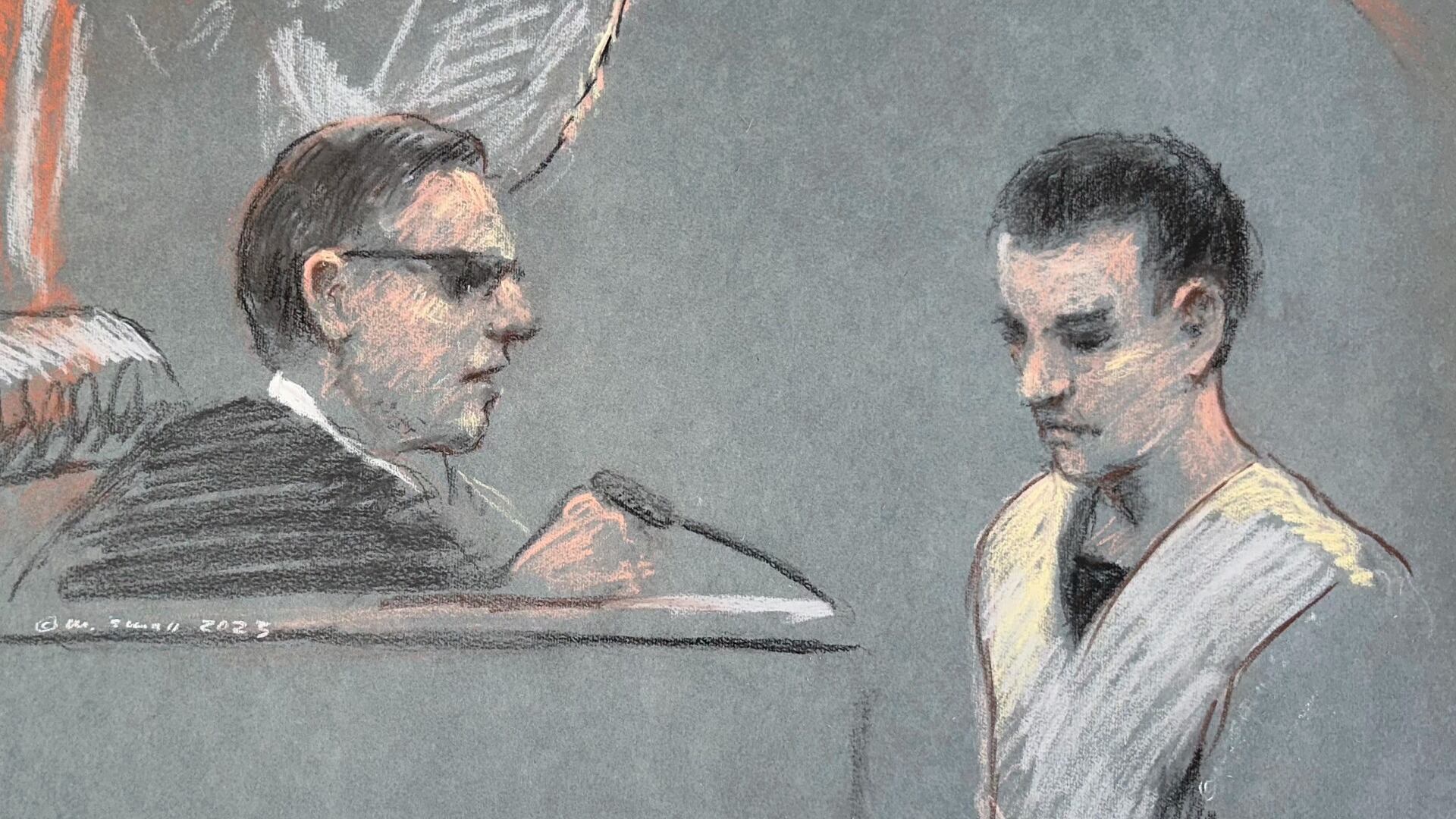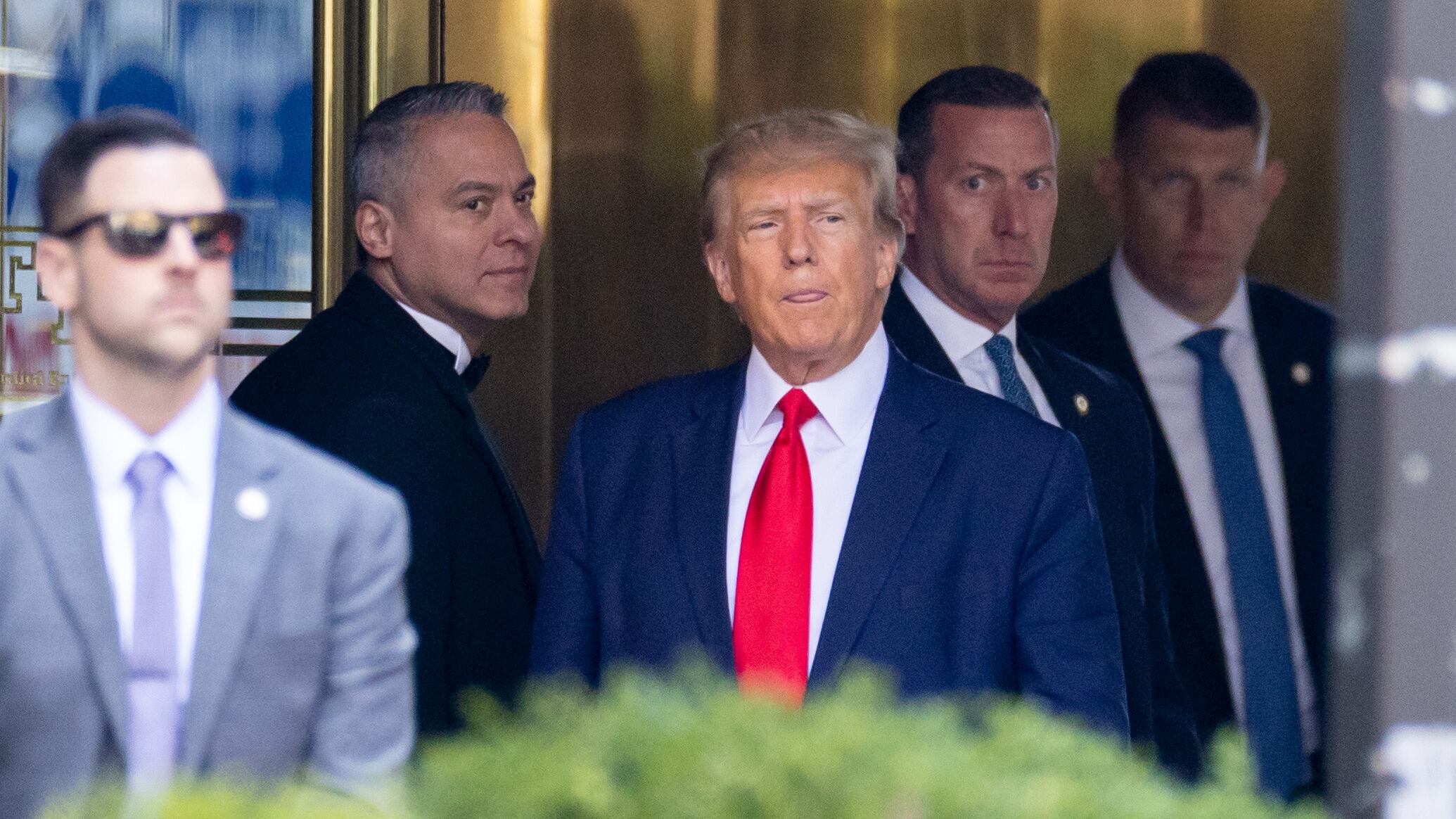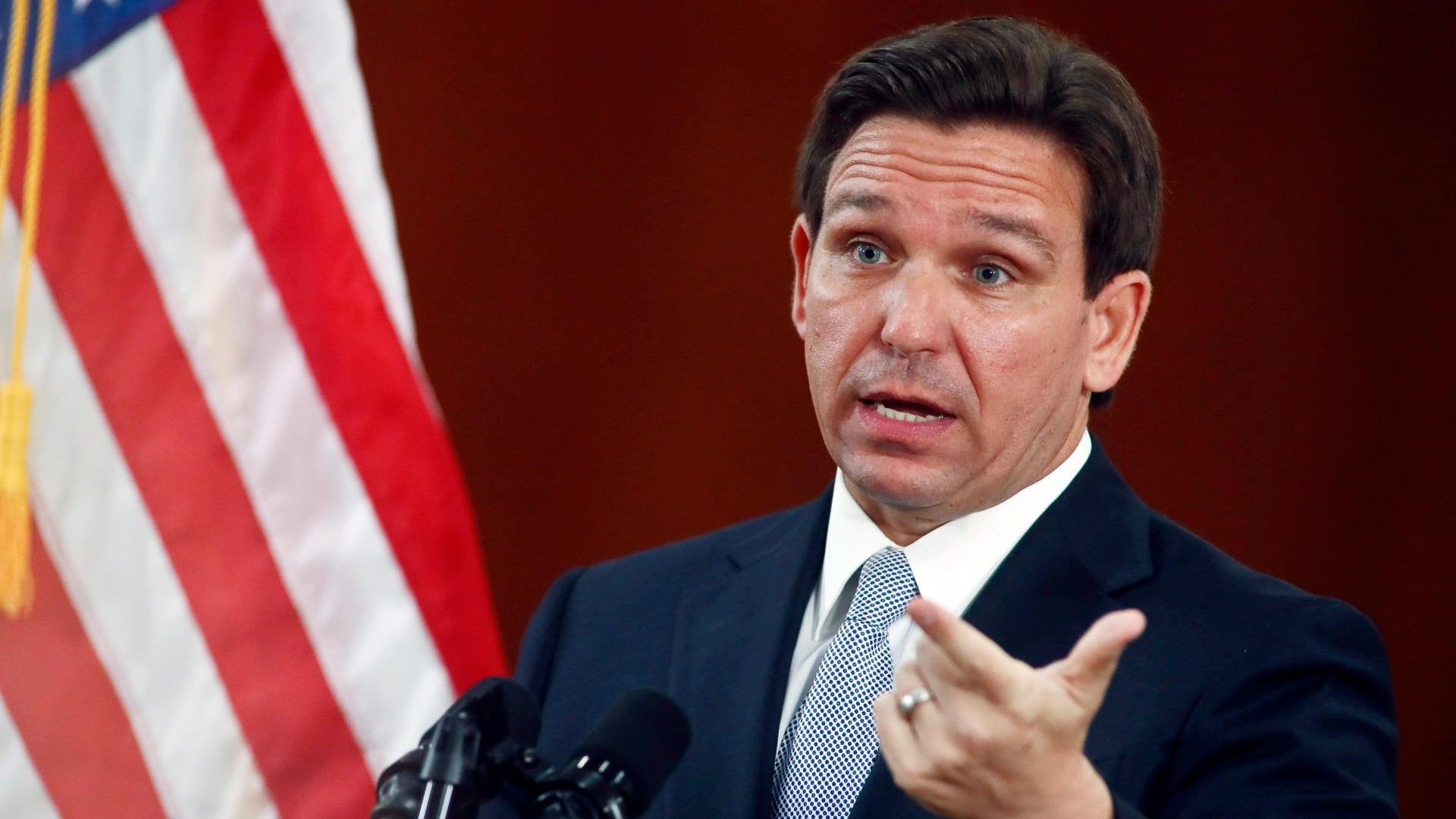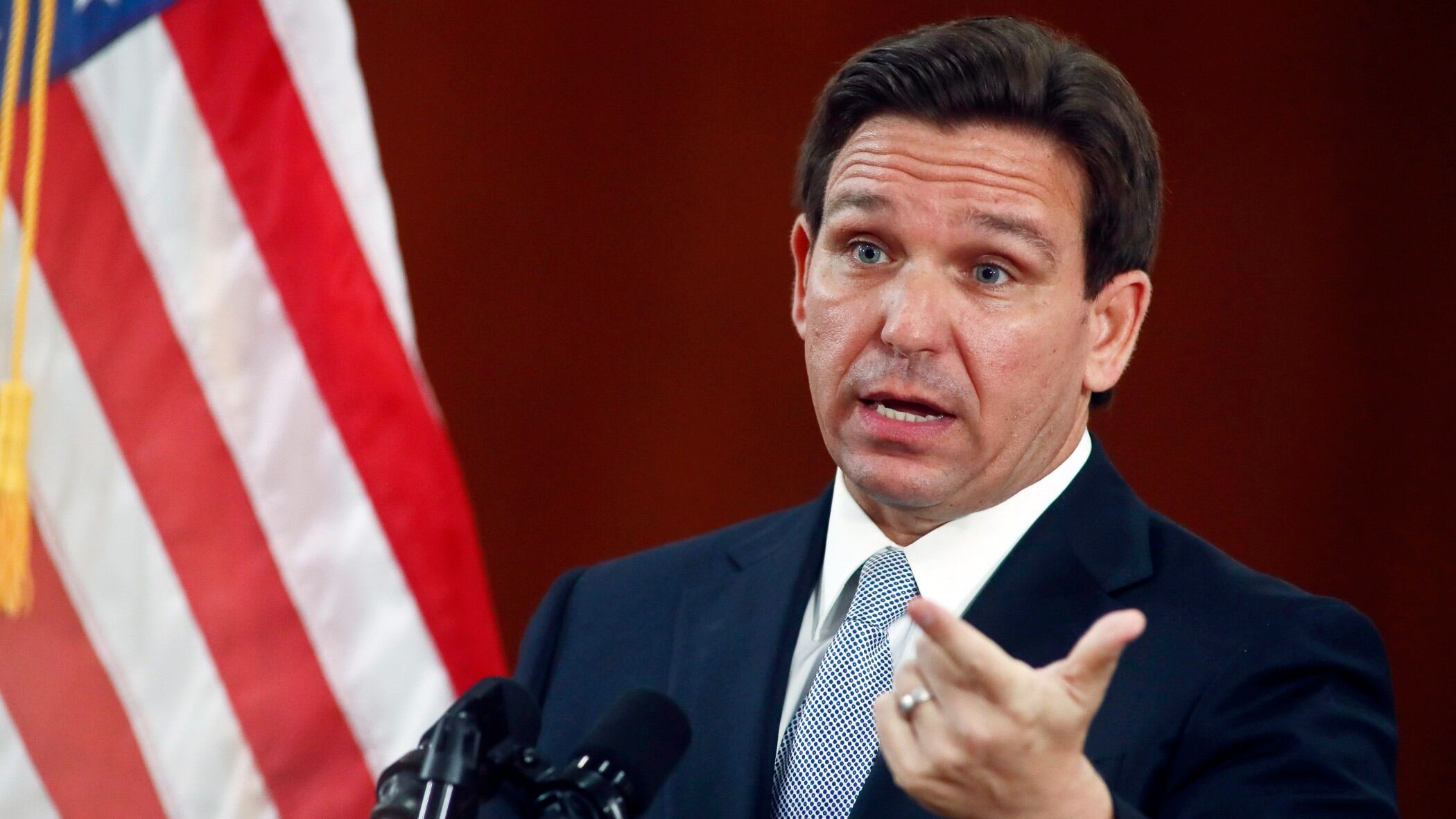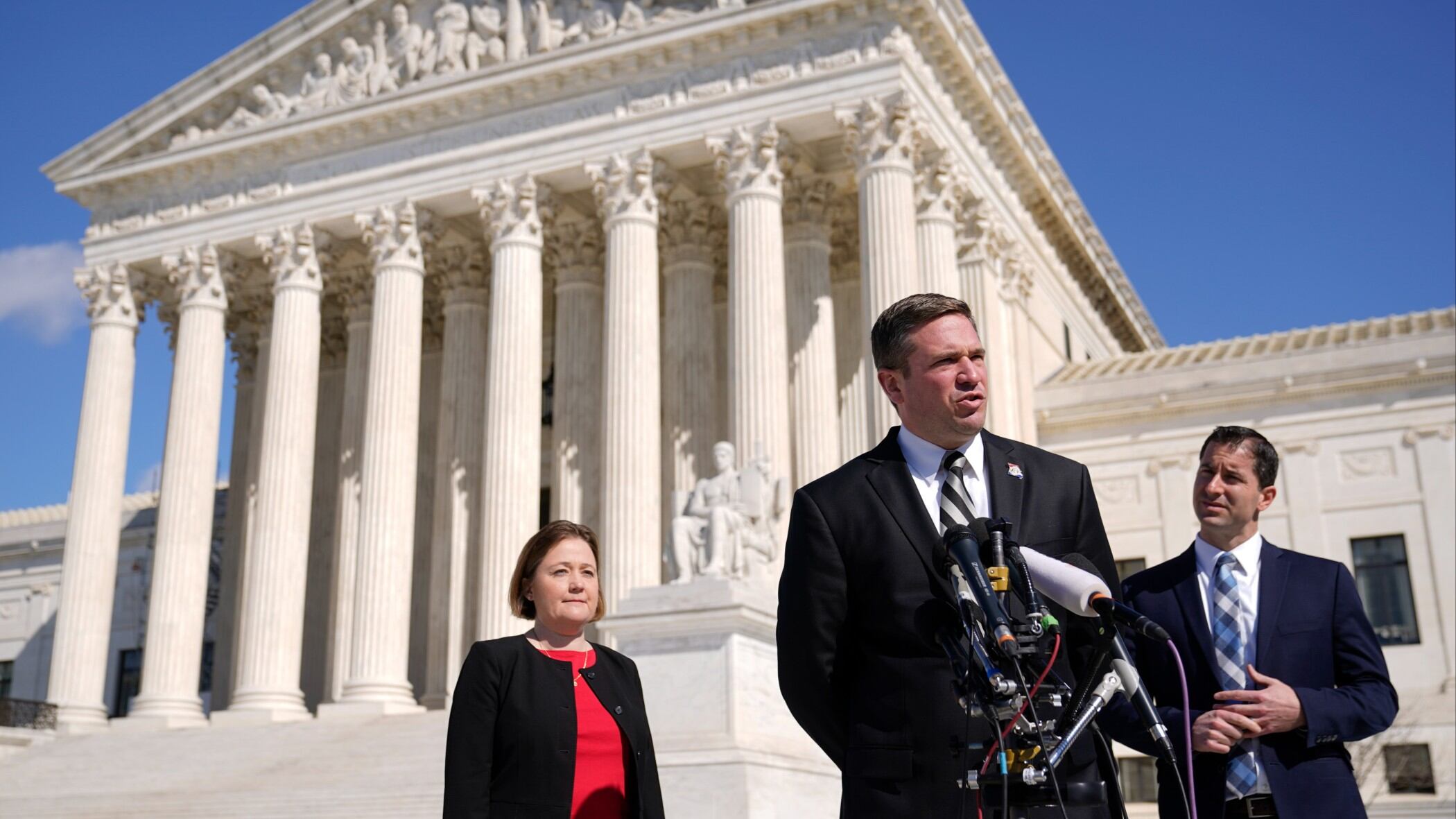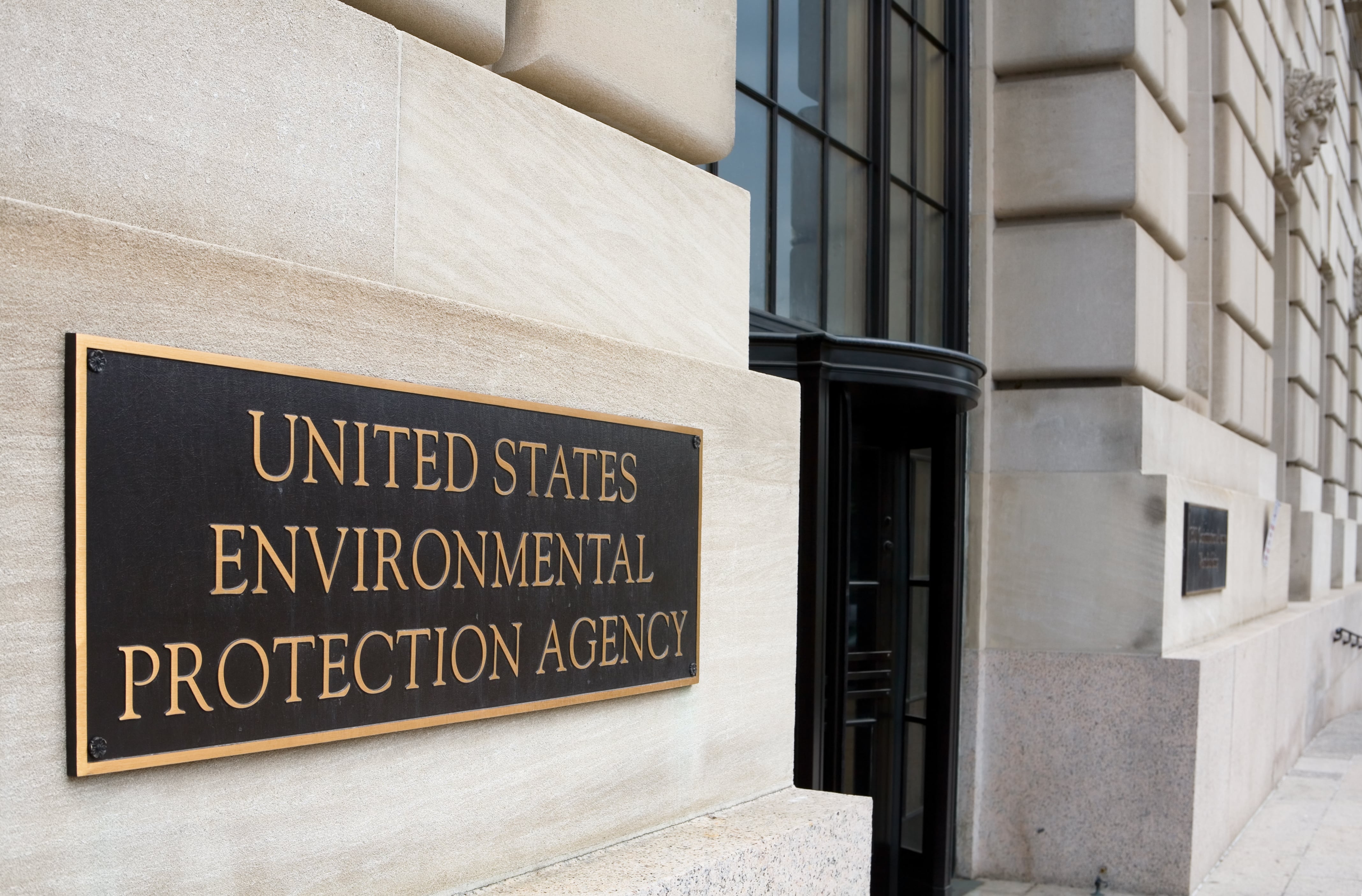President Trump reportedly ordered the firing of Robert Mueller over the summer but reversed course after the White House special counsel threatened to resign. That's according to a recent report in the New York Times. Fordham University Law Professor Jed Shugerman explains the potential legal ramifications of these revelations.
"This now becomes part of a longer timeline for Mueller," said Shugerman. "The statue that covers obstruction of justice depends upon proving that there was a corrupt intent. So the more events that show a corrupt intent the stronger the case would be."
Former White House Communication Director Anthony Scaramucci took to Twitter, tweeting "...@POTUS should be able to have a private conversation with WH Counsel without the content being leaked." Shugerman says presidents can have private conversations, but they cannot conspire to commit felonies.
President Joe Biden announced Thursday that hundreds of thousands of immigrants brought to the U.S. illegally as children will be able to apply for Medicaid and the Affordable Care Act's health insurance exchanges.
Anyone who wants to buy a gun in Michigan will have to undergo a background check, and gun owners will be required to safely store all firearms and ammunition when around minors under new laws signed Thursday by Gov. Gretchen Whitmer.
In Ireland this week, well-wishers have lined the streets to catch a mere glimpse of President Joe Biden. Photos of his smiling face are plastered on shop windows, and one admirer held a sign reading, “2024 — Make Joe President Again.”
A Massachusetts Air National Guardsman has appeared in court, accused in the leak of highly classified military documents.
Former President Donald Trump answered questions for nearly seven hours Thursday during his second deposition in a legal battle with New York's attorney general over his company's business practices, reversing an earlier decision to invoke his Fifth Amendment protection against self-incrimination and remain silent.
Republican Gov. Ron DeSantis has signed into law a bill approved by the Republican-dominated Florida Legislature to ban abortions after six weeks of pregnancy.
The legislation would ban abortions after a period when many women don't know they're pregnant yet.
The attorney general's new restrictions on gender-affirming care is believed to be the first that also restricts adults, not just minors.
A federal appeals court has ruled that the abortion pill mifepristone can still be used for now but reduced the period of pregnancy when the drug can be taken and said it could not be dispensed by mail.
EPA Proposes Stringent Emissions Standards on Automakers in Effort to Reduce Pollution
